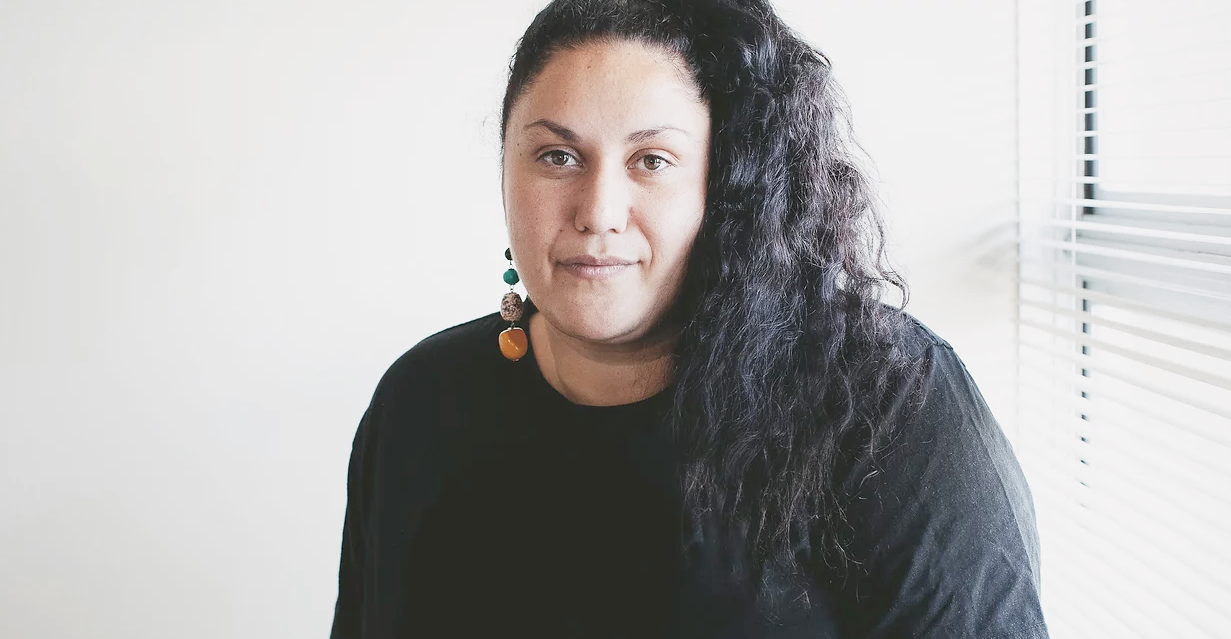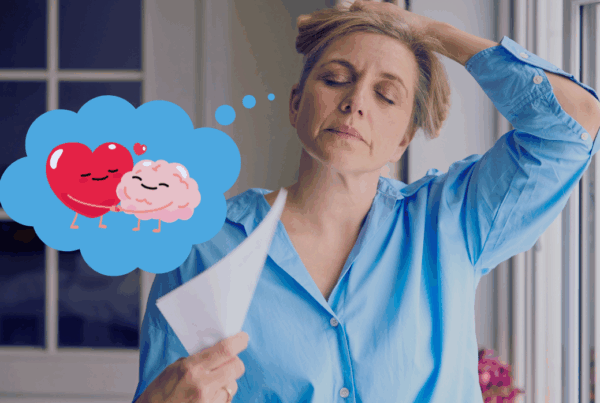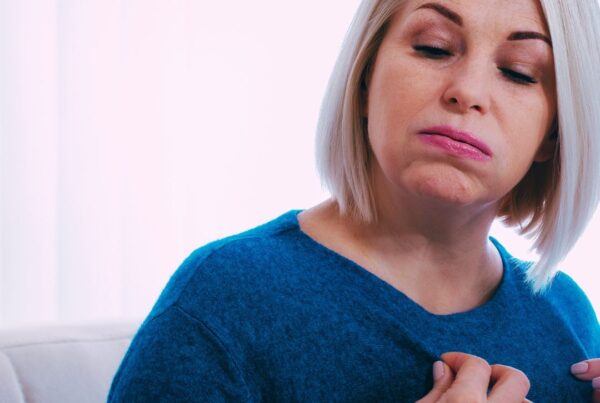For some women, the last period occurs before the age of 45. This early menopause has consequences on health and fertility. It can also trigger many emotions including disappointment and shock.
Hormone replacement is strongly recommended to prevent osteoporosis and heart disease.
Most women reach menopause (the day 12 months after your last natural period) between the ages of 45-55. ‘Early-occurring menopause’ (between 40-45 years) happens in around 10% of women and ‘premature ovarian insufficiency’ (when menopause occurs below the age of 40) occurs in 1-2% of women.
In most cases of menopause occurring before 45 years of age the cause is not known, but sometimes genetic conditions, auto-immune conditions and family history are implicated.
The symptoms of natural early-occurring menopause and premature ovarian insufficiency are similar to that of regular menopause: irregular periods followed by loss of periods, hot flashes, sleep disturbance, mood changes. These symptoms can often be overlooked as being due to early menopause as the diagnosis is not usually expected by doctors nor women.
Undergoing surgical removal of your ovaries, having chemotherapy or radiation can also cause early-occurring menopause which is often described as ‘medical’ menopause. Medical menopause is different in that the hormone levels drop suddenly and symptoms come on fast and hard. It is also different in that it is expected.
Early-occurring menopause and premature ovarian insufficiency can be confirmed with the help of blood tests.
Early-occurring menopause is a real problem because of its relationship with infertility (inability to conceive a baby) and also the increased risk of osteoporosis, cardiovascular disease and cognitive problems due to the prolonged stretch of time without normal ovarian hormone support. Emotional distress, feelings of isolation, grief and even depression are natural consequences as women adjust to this unexpected change in their plans, hopes and circumstances.
It is highly recommended that women experiencing early-occurring menopause consider ovarian hormone replacement treatment. This will not only reduce symptoms but very importantly protect the longterm health of bones, heart and brain.
Taking hormones will not restore fertility as the ovaries have stopped releasing eggs – but there are options should you wish to have a child including donated eggs, donated embryos in addition to fostering and adopting children. (IVF after stimulating egg production is rarely successful).
Developing a healthy lifestyle will also set you up to protect you from chronic diseases and help reduce the impact of your premature loss of hormones.
This information is for general educational purposes only and does not constitute medical advice. Please see your health professional for advice that is personalised to you.
KEY TAKEAWAYS
Early menopause occurs under 45 years of age
Premature ovarian insufficiency occurs under 40 years of age
HRT is strongly recommended until age 51 to protect health.
Early menopause can be naturally occurring or due to medications or surgery.






